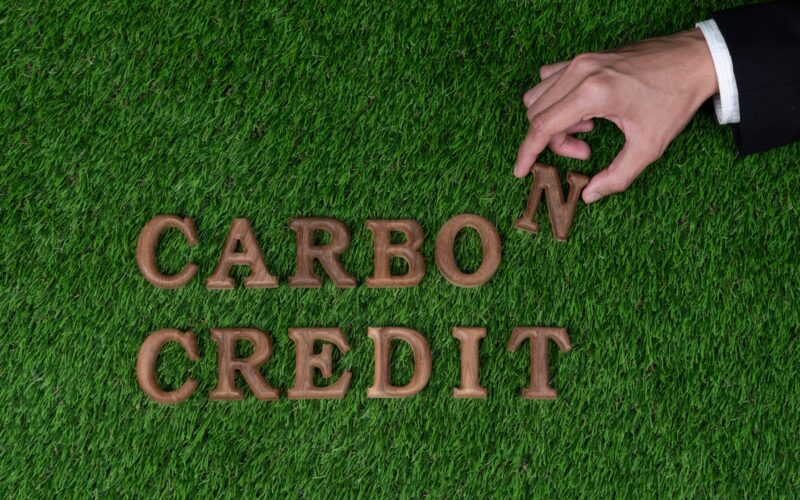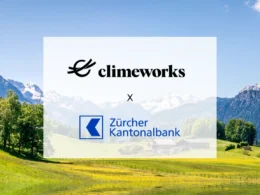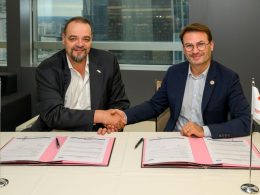Tech giant Microsoft has signed an agreement with BTG Pactual Timberland Investment Group (TIG) for carbon offset credit transactions. Under the terms of the agreement, TIG will provide Microsoft with up to 8 million nature-based carbon removal credits through 2043. As per the MSCI Carbon Markets data, this is the largest known carbon dioxide removal credit transaction to date.
The credits will be delivered to Microsoft from TIG’s $1 billion reforestation and restoration strategy in Latin America. Conservation International serves as the Impact Adviser for the project to help TIG achieve positive environmental, climate, and social impacts.
The approach focuses on the conservation, restoration, and planting of deforested and degraded properties in selected regions in Latin America, including the Cerrado biome in Brazil, one of the most biodiverse seasonally dry ecosystems in the world.
The strategy aims to protect and restore approximately 135,000 hectares (more than 330,000 acres) of natural forests in deforested landscapes. There are plans to plant millions of trees in sustainably managed commercial tree farms, independently certified to Forest Stewardship Council (FSC)™ standards, on another approximately 135,000 hectares of previously deforested and degraded land.
“From its inception, we have aimed to break new ground with this strategy, both in terms of scale and impact. We are proud to work with industry leaders like Microsoft, who are committed to purchasing high-quality removal credits and retiring them as part of a comprehensive corporate decarbonization strategy. Microsoft’s leadership has helped build the high-integrity carbon offset market. They are blazing a trail that other companies can follow,” said Mark Wishnie, Chief Sustainability Officer of TIG and head of the firm’s reforestation strategy.
This purchase is part of Microsoft’s ambitious commitment to be carbon-negative by 2030, and by 2050 to remove all historical operational emissions from the environment since the company was founded in 1975.
“Advancement towards Microsoft’s carbon negative goals necessitates innovative projects that can swiftly and sustainably scale carbon removal. This project exemplifies how reforestation and restoration can deliver carbon removal at scale while supporting local communities and restoring vital ecosystems. This approach will attract investment to the conservation space and help scale carbon removal in line with what climate science demands”, stated Brian Marrs, Senior Director for Energy & Carbon Removal at Microsoft.

















